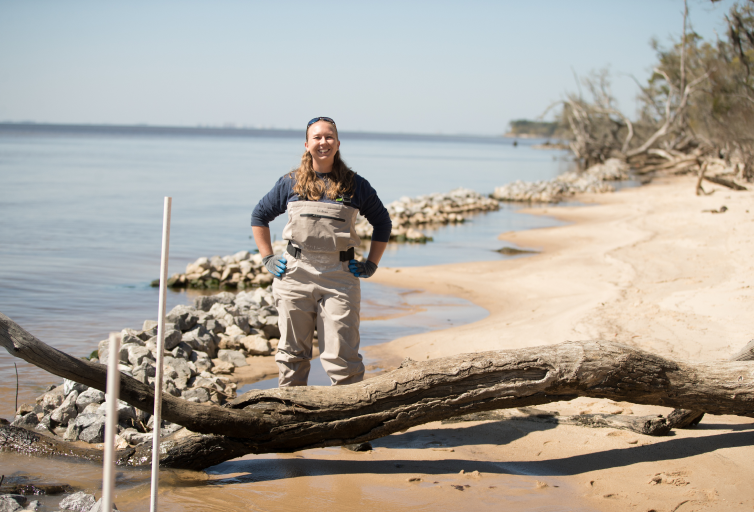
ABOUT
The Choctawhatchee Bay, fed primarily by the Choctawhatchee River, stretches more than 30 miles, with widths ranges from 4 to 6 miles across. East Pass between Destin and Okaloosa Island provides the primary outflow into the Gulf of Mexico, which also rushes into the bay during high tides. Additionally, the Choctawhatchee Bay connects to the Santa Rosa Sound through the Intracoastal Waterway.
The bay is popular for swimming, fishing, paddleboarding, kayaking, and boating. Rare species call the bay their home, including the gulf sturgeon and alligator gar.
PROJECTS AND INITIATIVES
Education
CBA works with 3rd and 5th graders across Okaloosa and Walton Counties to learn about marsh ecosystems, raise smooth cordgrass, and restore real shorelines. Through Grasses in Classes, students are inspired to become the next generation of water stewards.
Oyster Shell Recycling and Living Shorelines
Oyster shell, recycled from local restaurants, is used in living shorelines to create reef breakwaters. Living shorelines provide habitat for wildlife while reducing shoreline erosion.
Water Quality Monitoring
Every month CBA staff and water quality monitoring volunteers head out to the bay to measure salinity, pH, sedimentation, light attenuation, and so much more.
RESEARCH IN THE BAY
Ongoing and innovative research within unique ecosystems is an integral component of CBA’s work. We partner with agencies, local nonprofits, research universities, and the Mattie Kelly Environmental Institute on a wide range of water quality and ecology projects.
The coastal dune lakes are currently at the forefront of CBA’s work. Ongoing and innovative research within these water bodies is imperative to our understanding of these rare coastal formations. Current research on the coastal dune lakes includes water chemistry, plant communities, and fish diversity. As of yet, fish identification data is very limited on the lakes and has the potential to provide valuable supporting information for further conservation of such systems. Each study supports the others, together seeking to provide a comprehensive understanding of the functioning and importance of the local coastal dune lakes. All coastal dune lake research endeavors are undertaken jointly with the Mattie Kelly Environmental Institute.

CHOCTAWHATCHEE BAY RESEARCH AND PUBLICATIONS
Research Projects
Water Chemistry in Choctawhatchee Bay, Florida, USA: Spatial and Temporal Considerations Based on Volunteer Collected Data
Florida LAKEWATCH: Citizen Scientists Protecting Florida’s Aquatic Systems
Chain of Eutrophication Models for Assessing the Potential Impact of Nutrient Enrichment on Choctawhatchee Bay, Florida, USA
Delaware University – Evaluation of Gulf Sturgeon Habitat
Florida State University – Effects of Climate Change on Choctawhatchee Watershed
University of Central Florida – Dolphin Study in Santa Rosa Sound
University of Central Florida – Creek-dwelling Turtle Communities and Associated Water Quality in Four Streams at Nokuse Plantation in 2008
University of West Florida – Water Quality in Cinco Bayou and Garner Bayou
University of Florida – Hydrology Study on the Coastal Dune Lakes
University of Florida – Nutrient Loading, Seagrass Coverage and Land-use Changes
University of West Florida – Nutrient Enrichment in Oyster Lake
University of West Florida – Red Tide Study in Cinco Bayou and Garner Bayou
University of West Florida – Spatial and Temporal Variability in Karenia Brevis in Western Choctawhatchee Bay
University of West Florida – Undergraduate Field Research Experience
Florida Fish and Wildlife Conservation Commission – Seagrass Monitoring

